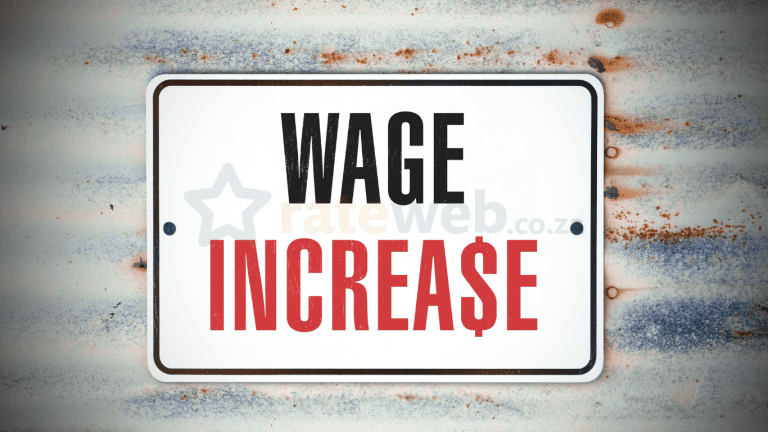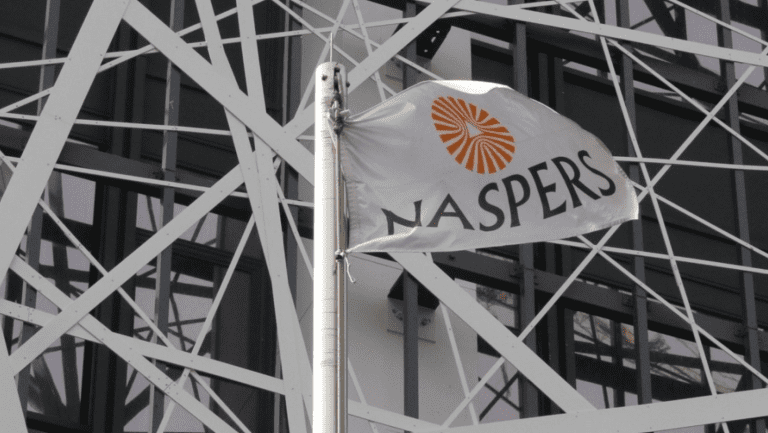Load shedding is costing South Africa’s universities millions of rands, with large institutions having to pay exorbitant amounts of money to ensure their lectures and facilities remain up and running during power outages. This issue has been plaguing not just universities but households and businesses across the country for years.
- Load shedding is costing South African universities millions of rands, with large institutions having to pay exorbitant amounts of money to ensure their lectures and facilities remain up and running during power outages.
- The impact of load shedding on the country’s economy and people’s daily lives is profound, and there is a growing sense of frustration and helplessness among the population. Businesses, including major retailers, are among the hardest hit.
- Despite the government’s efforts to intervene, rolling blackouts are not expected to slow down anytime soon. South Africa has faced load shedding every day this year so far, and the impact is likely to continue for the foreseeable future.
The department of higher education, science, and innovation recently provided insight into how much universities spend on diesel for generators during load shedding in a parliamentary Q&A. The University of Pretoria was found to spend the most on diesel, at R2.2 million per month during Stage 6. The University of Johannesburg spends around R890,000 per day during Stage 6, while the North-West University spends R492,000.
The country’s economic growth prospects have been declining, and businesses are increasingly relying on alternative energy sources such as diesel generators, solar panels, or inverters to cope with power outages. Universities are not the only ones facing dire consequences; major retailers, including Shoprite and Pick n Pay, are among the hardest hit, with Shoprite spending R3 million a day and Pick n Pay spending an extra R60 million each month on diesel generators to survive power cuts.
Despite the government’s efforts to intervene, rolling blackouts are not expected to slow down anytime soon. Eskom, the embattled power utility, has just eased load shedding to Stage 3, citing small improvements in generation capacity earlier this week. However, lower stages have become few and far between, with analysts and researchers pointing to further fluctuations in the future.
This year, South Africa has faced load shedding every day so far, with some of its higher stages being more common, averaging around Stage 4. The country also saw its longest period of Stage 6 load shedding on record. The impact of load shedding on the country’s economy and people’s daily lives is profound, and there is a growing sense of frustration and helplessness among the population.
The table provided by the department of higher education, science, and innovation in the parliamentary Q&A shows how much each university is spending on diesel each month during different stages of load shedding. However, it is difficult to determine the exact figures Rhodes University spends to mitigate load shedding at each stage. The Central University of Technology spends around R39,285 per week for both campuses, but this is a conservative estimate. The Mangosuthu University of Technology is estimated to spend approximately R123,026 per month on diesel. The University of South Africa (UNISA) does not keep track of expenditure per stage of load shedding, and it has been unable to track expenditure.
In conclusion, load shedding continues to be a major issue in South Africa, affecting universities, businesses, and households alike. The cost of diesel for generators is a significant expense for universities, and this expense is likely to continue for the foreseeable future. The impact of load shedding on the country’s economy and people’s daily lives is significant and requires urgent attention from the government and relevant stakeholders.










































